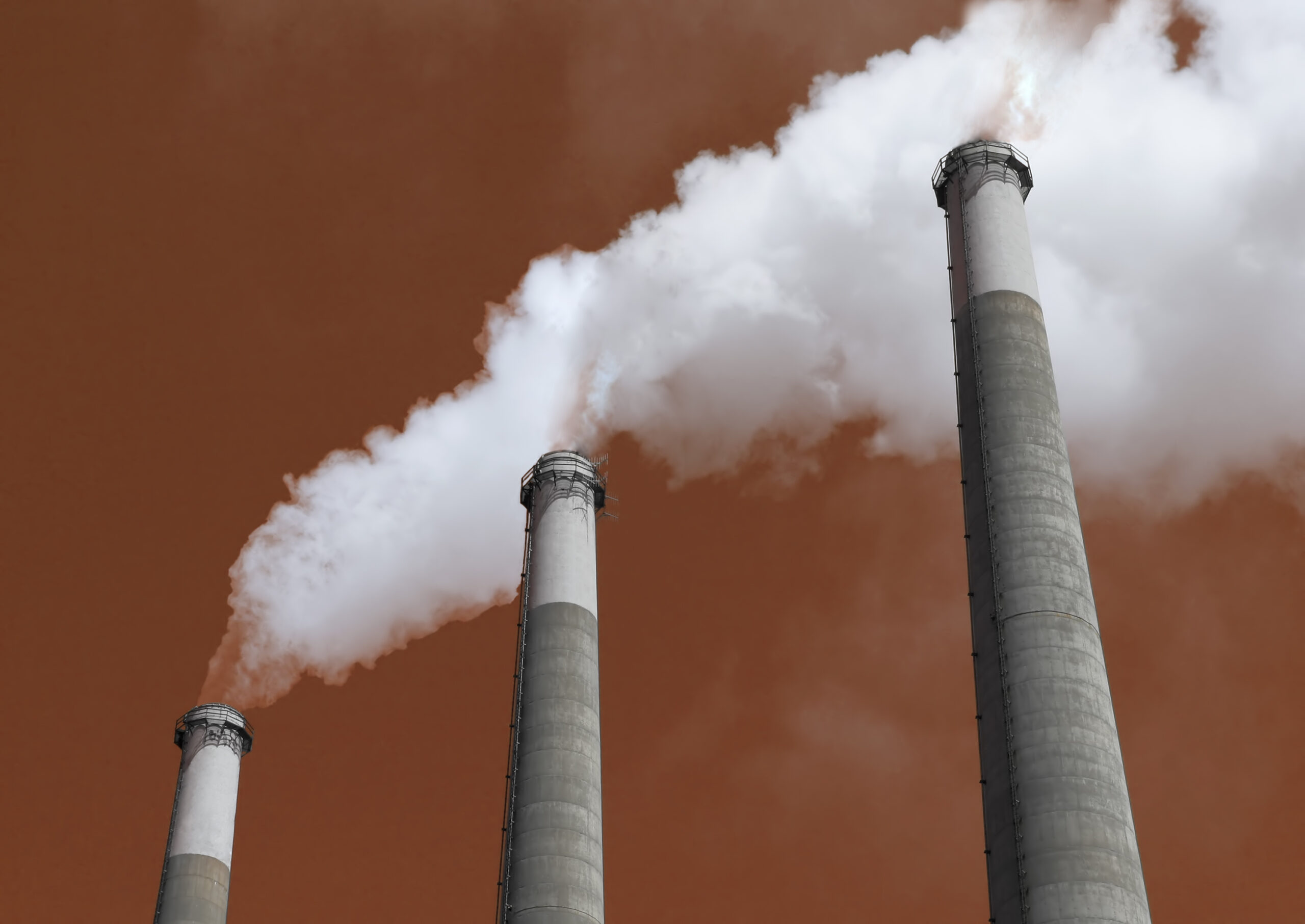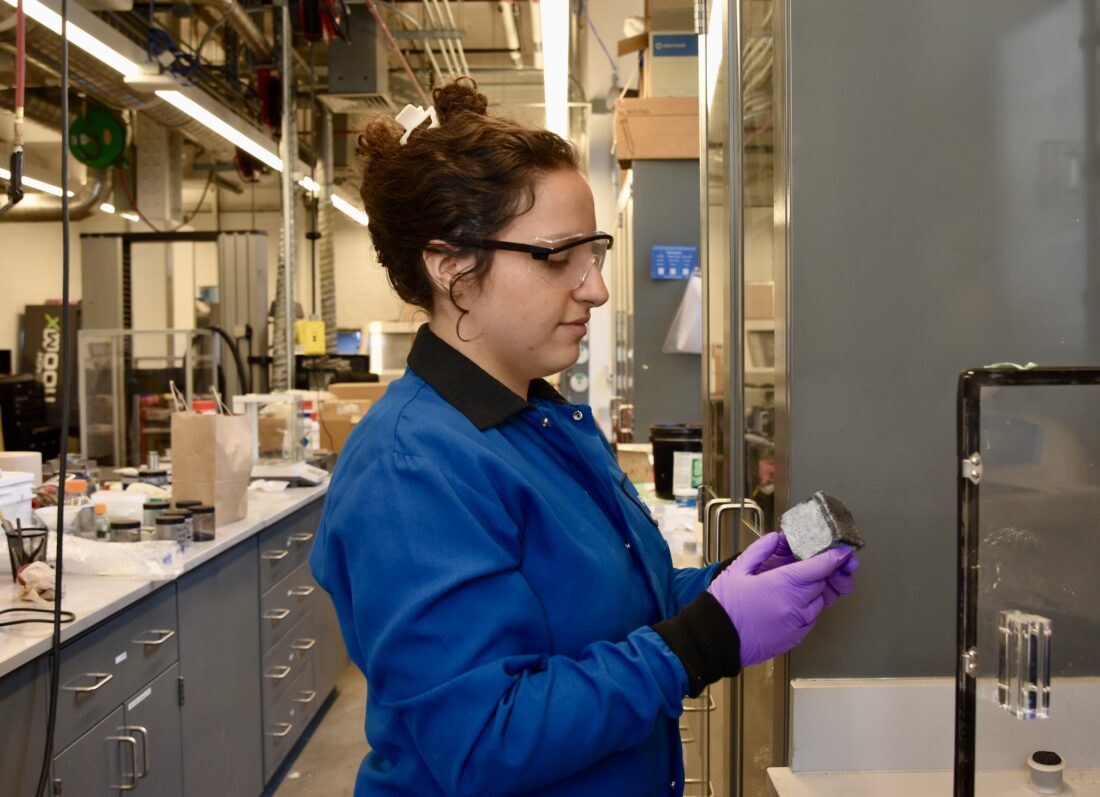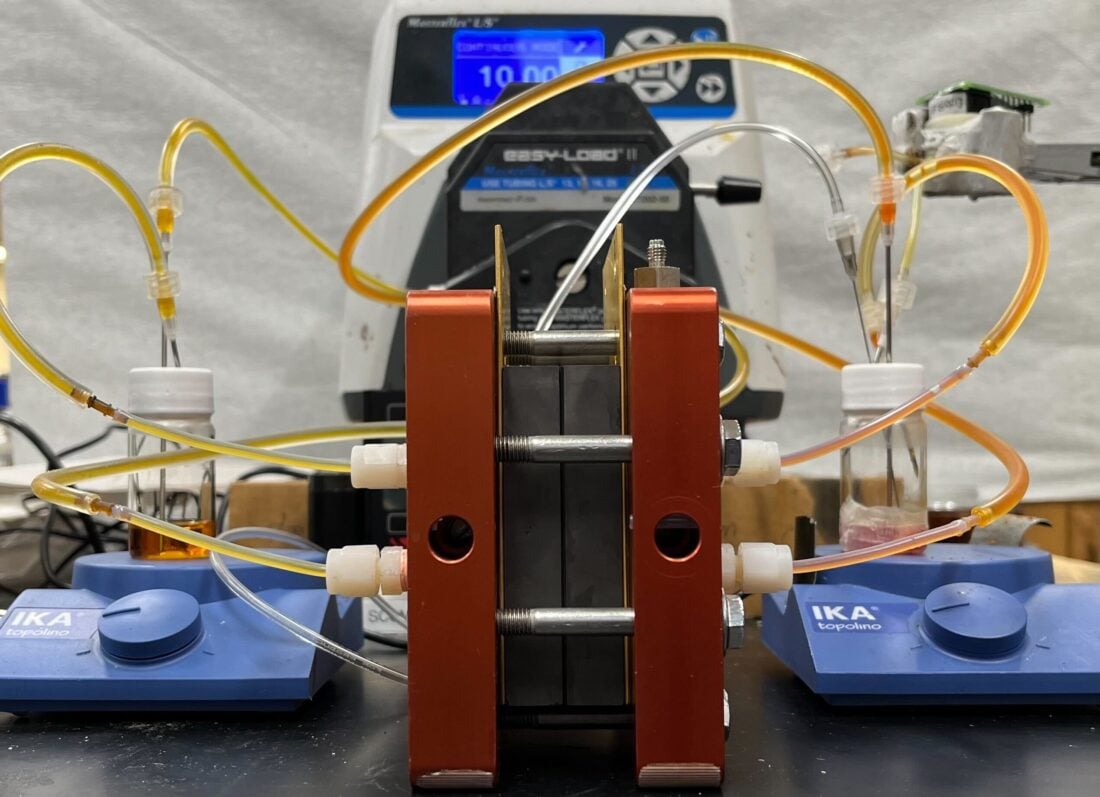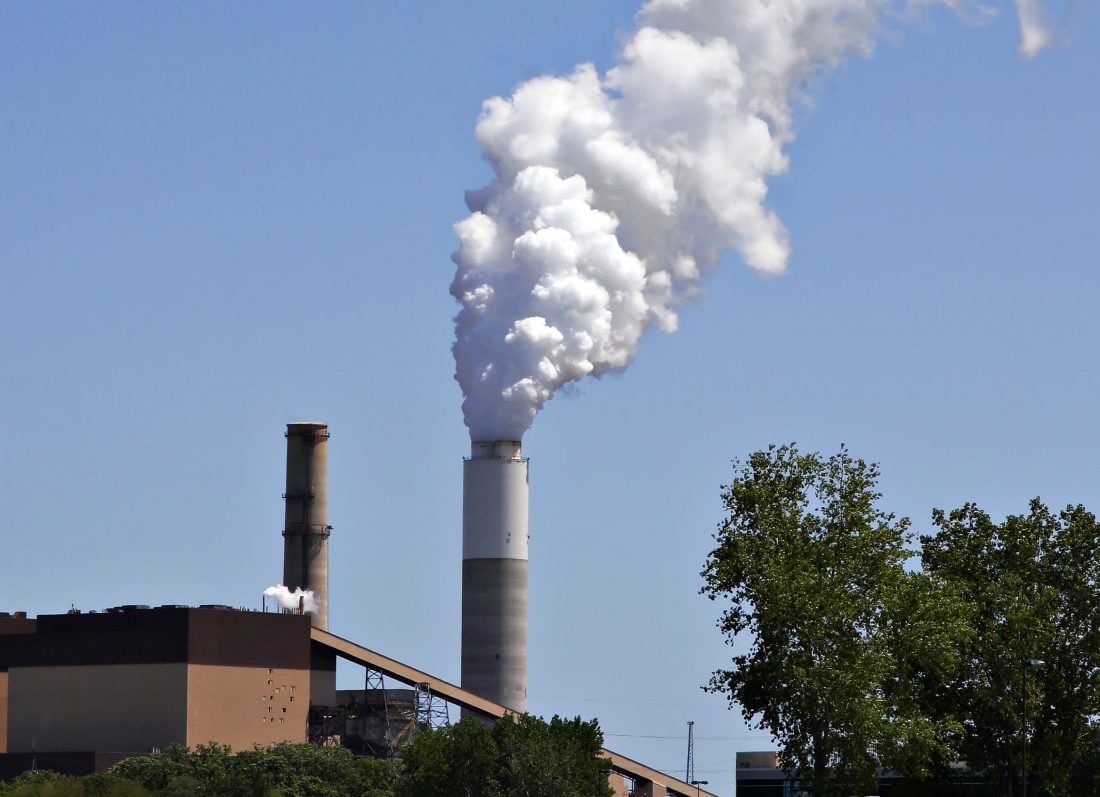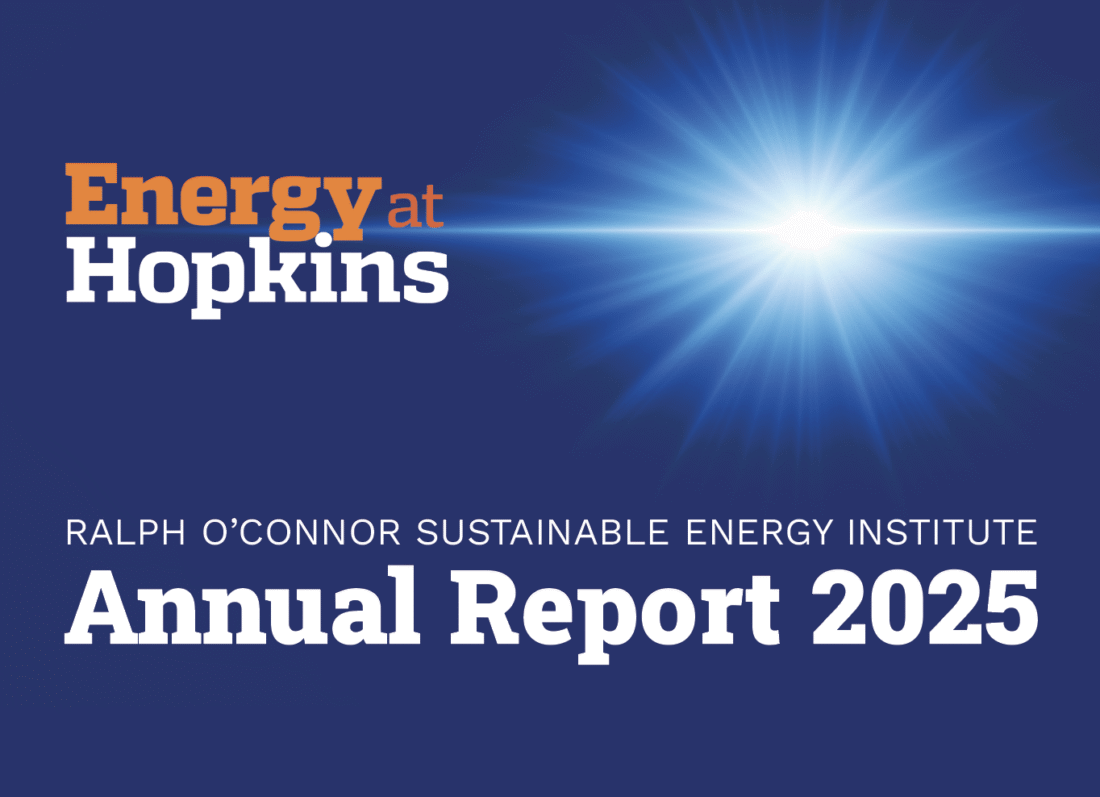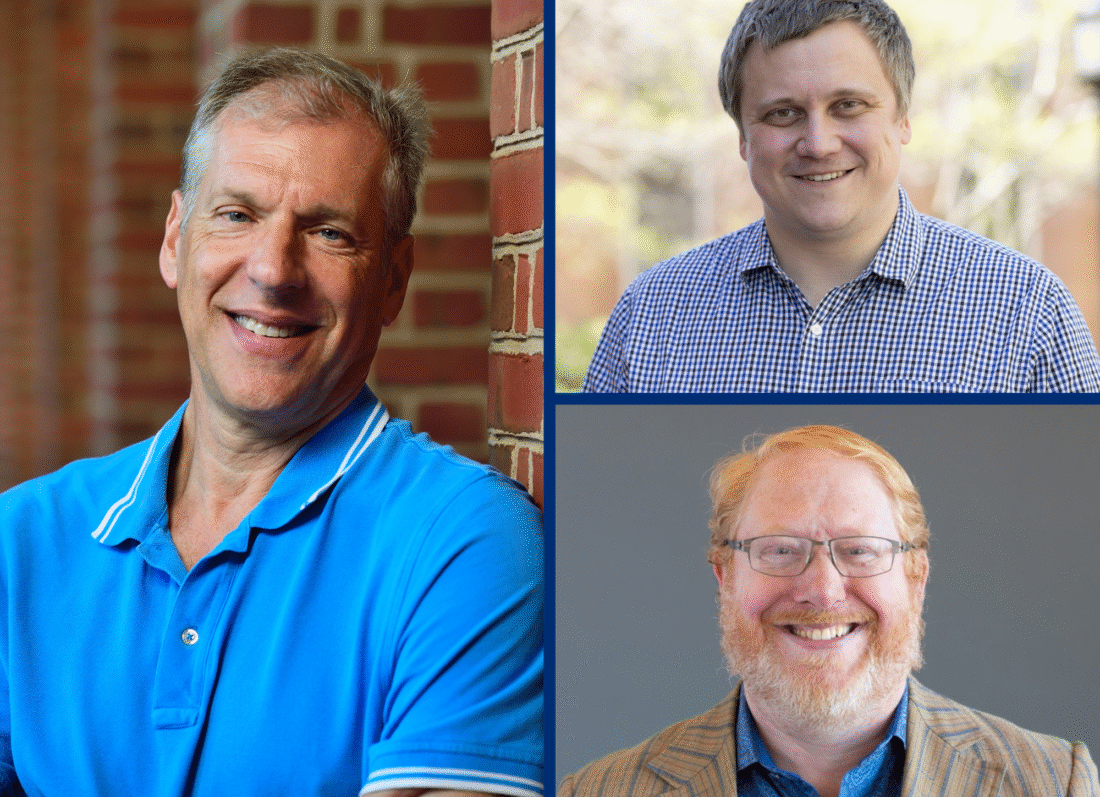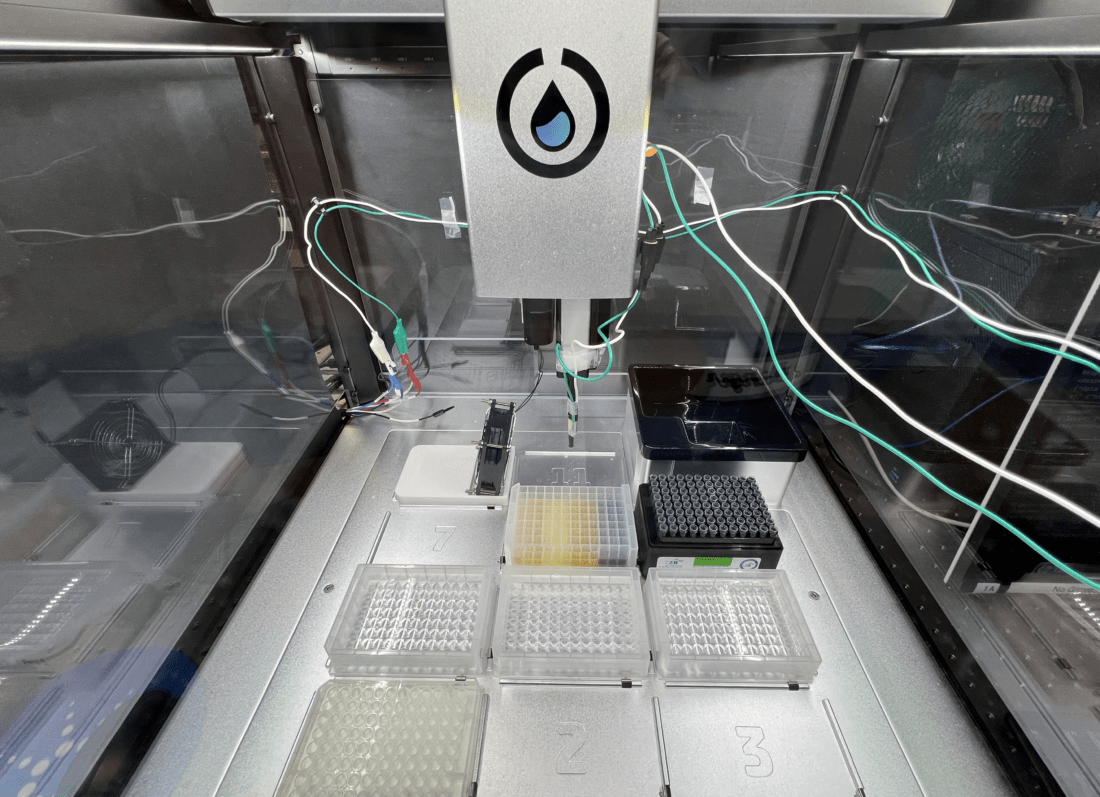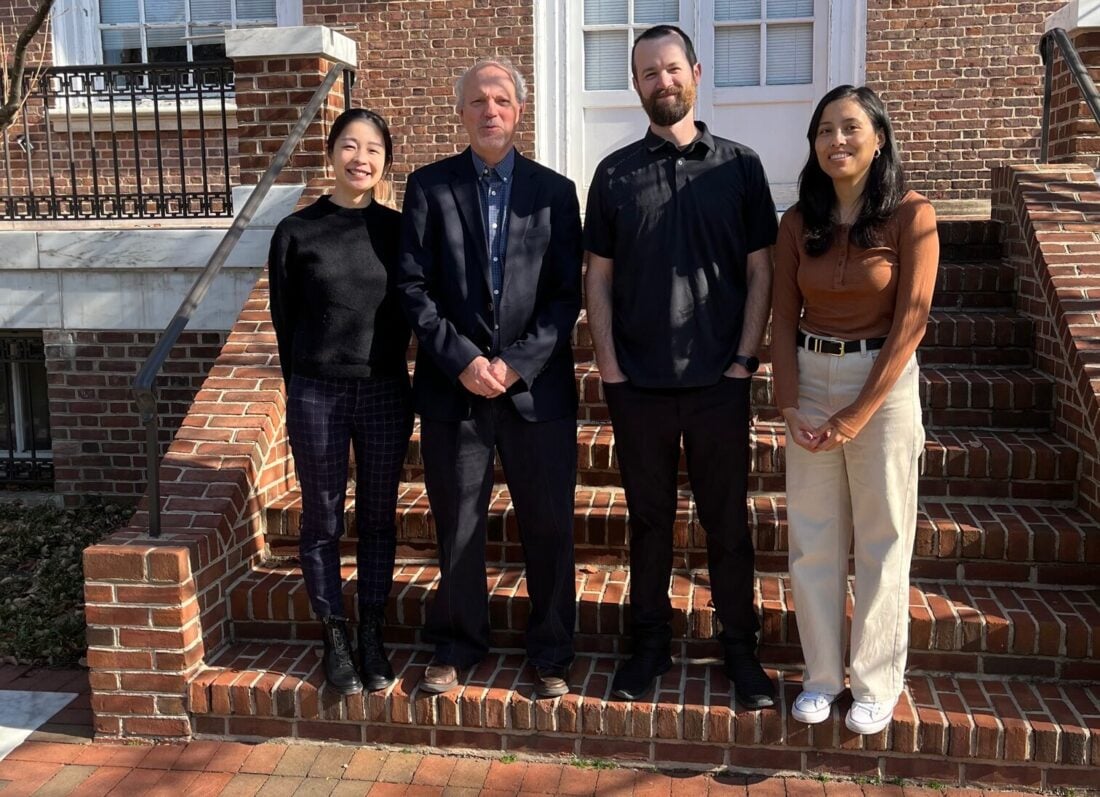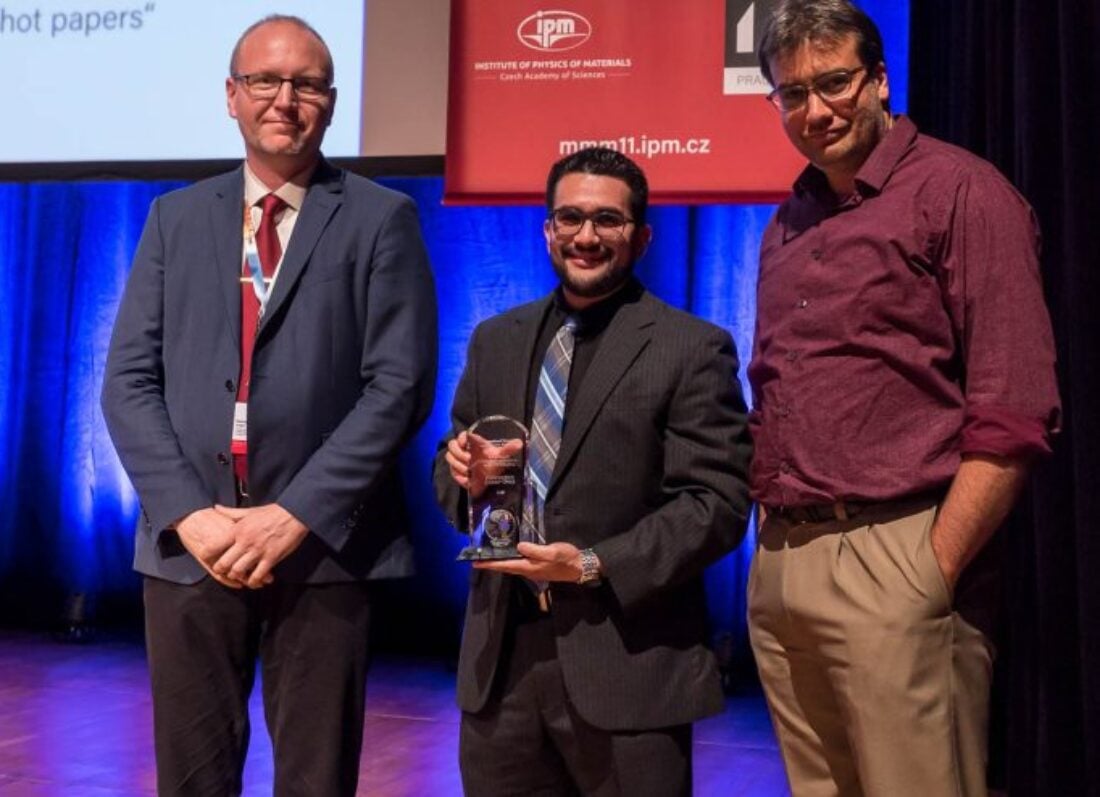Technical Papers from Carbon Scholars
Partners in Carbon
- Materials Characterization & Processing Core Facility
- Department of Materials Science & Engineering
- Department of Chemical and Biomolecular Engineering
ETCH: Accelerating the Clean Energy Transition
ETCH is a commercial company created by ROSEI core faculty member Jonah Erlebacher, a professor of materials science, and focuses on natural gas decomposition. Erlebacher created a chemical process that breaks down natural gas into its fundamental elements of carbon and hydrogen, both of which have uses after they have been separated, and without creating any carbon dioxide or other greenhouse gases.

ETCH, INC.
The process allows the team to create many different valuable types of carbon, currently produced overseas, and several of which have critical everyday uses, such as in tires and lithium-ion batteries. Also, by extracting hydrogen at the point of use, it avoids costly and inefficient hydrogen transport and enables cleaner energy across various sectors.
“I am quite optimistic about this technology, it solves so many problems that the world faces,” Erlebacher said. “Our process allows us to reduce emissions strongly while continuing to use existing infrastructure. We can be more responsible stewards of our natural resources without making giant sacrifices, just by being smarter about using what we have.”
Erlebacher says that ETCH has received a lot of interest from potential partners in using its technology, and that being involved with ROSEI has been helpful in progressing the company.
“ROSEI is a fantastic space to foster collaborations, and it helps Etch tremendously to be able to say that we are supported by the ever-growing energy ecosystem at Johns Hopkins University,” Erlebacher said.
Recent News in Carbon
The Ralph O’Connor Sustainable Energy Institute at Johns Hopkins University has released its 2025 Annual Report, highlighting a year of
Read more
Three core faculty members from the Ralph O’Connor Sustainable Energy Institute brought expertise from Johns Hopkins University to the global
Read more
Ever since Hadas Elazar-Mittelman was a child, she had an interest in chemistry and materials science. She was often found
Read more
A team of Hopkins researchers has created an automated platform that could speed up the search for better materials for
Read more
A team led by Hopkins engineers has developed a method to convert organic waste into medium-chain carboxylic acids (MCCAs)—crucial ingredients
Read more
Corey Oses, an assistant professor of materials science and engineering at the Whiting School of Engineering and associate researcher at the Ralph O’Connor
Read more
